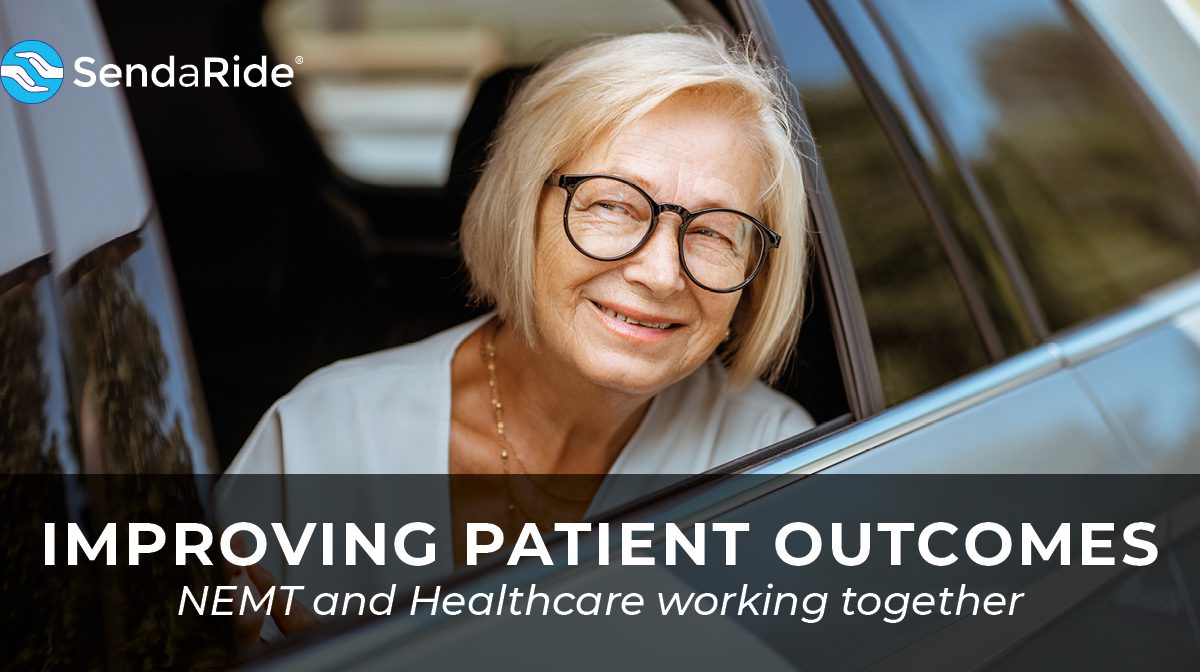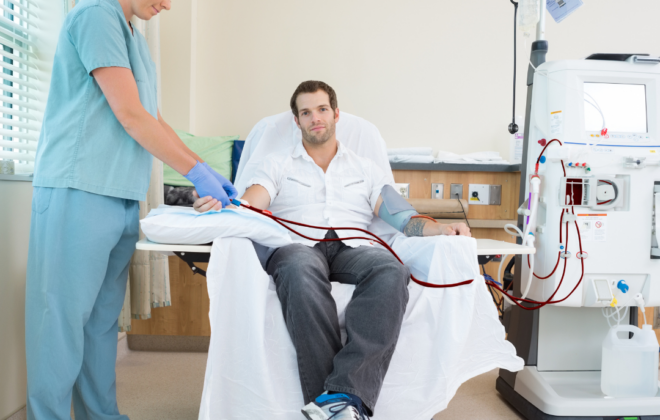Improving Patient Outcomes
NEMT and Healthcare working together
Do you invest time and resources searching for the best healthcare provider? The best provider can’t help you if you don’t have access to get there.
Nearly four million Americans miss medical appointments each year due to transportation barriers. Yet, NEMT (Non-emergency medical transportation) service could drastically improve the health outcomes of patients and decrease the cost of no-show rates.
According to a 2018 study by MTAC (Medical Transportation Access Coalition), they surveyed nearly 1,000 vulnerable users of NEMT, and heard again and again about the importance of this service. Fifty-eight percent of those participating in the survey said they would not be able to keep their medical appointments without access to NEMT. Even more sobering, 10 percent of respondents said they “would die” or “probably would die” without access to NEMT.
Non-emergency medical transportation service helps to minimize the gap between the community and access to healthcare. Using NEMT services to transport patients to medical appointments is only half the battle to improving health outcomes. There are other aspects of proving health outcomes that revolve around social determinants of health.
The World Health Organization (WHO), defines social determinants of health as “the conditions in which people are born, grow, work, live and age, and the wider set of forces and systems shaping conditions of daily life.” Transportation is interrelated with other social determinants of health such as poverty, social isolation, access to food and education.
Transportation
and the role of Hospitals
“Although hospitals and health systems
traditionally have not focused on transportation issues within their scope of
care, there is a growing recognition that improving transportation access for
patients can help improve health outcomes and lower health costs. Hospitals can build a healthier community
that addresses the physical, behavioral and socio-economic needs of individuals
and families and improve population health. In doing so, hospitals and health
systems will better position themselves to achieve the Triple Aim of improved
health, improved care and lower costs.
Due to their
reach and influence, hospitals and health systems are well positioned
to make a positive impact on the health outcomes of the communities they serve
by addressing transportation issues.” ~ American Hospital
Association
“At SendaRide, we partner directly with health systems across the country who provide transportation for their patients in need. This partnership helps provide better health outcomes for patients, and increases efficiency for the provider. Our service is unique as it was created specifically for healthcare and provides door-to-door concierge service to patients. We are an extension of the exceptional care and service patients have come to know and expect from their healthcare provider,” said Laura Fleet, CEO of SendaRide.
About SendaRide:
SendaRide was developed specifically for the healthcare industry and is focused on maintaining the highest level of service, safety, and efficiency for their riders, business partners, and families. SendaRide’s single-rider vehicle and infection control processes are designed to protect your patients and your staff. Customized door-to-door concierge service, drivers matched to the patient’s needs and user-friendly HIPAA-compliant technology providing constant GPS monitoring, set them apart in the industry. SendaRide’s commitment to provide a safe and affordable transportation option ease’s the mind of the rider, family member, and healthcare provider. It’s easy to schedule a ride through a client customized dashboard, calling our customer service team at 1-800-731-1885, or through our iOS app.
For more information on partnering with SendaRide, contact us at business@SendaRide.com
Recent Articles
- Dialysis Treatment and Transportation August 8, 2023
- Importance of Transportation for Hospital Systems April 17, 2023
- Background of PACE; why transportation is vital for PACE programs April 3, 2023
- Cancer Survivor Gives Back March 30, 2023















![Rachel Kern[8115] Rachel Kern[8115]](https://www.sendaride.com/wp-content/uploads/2019/06/Rachel-Kern8115-214x214.png)


























